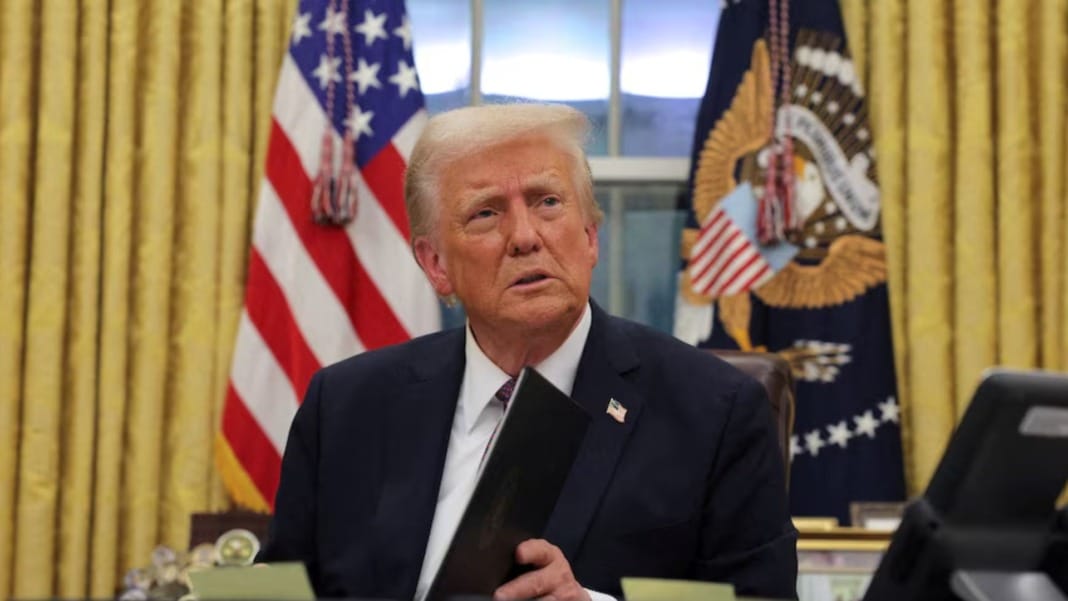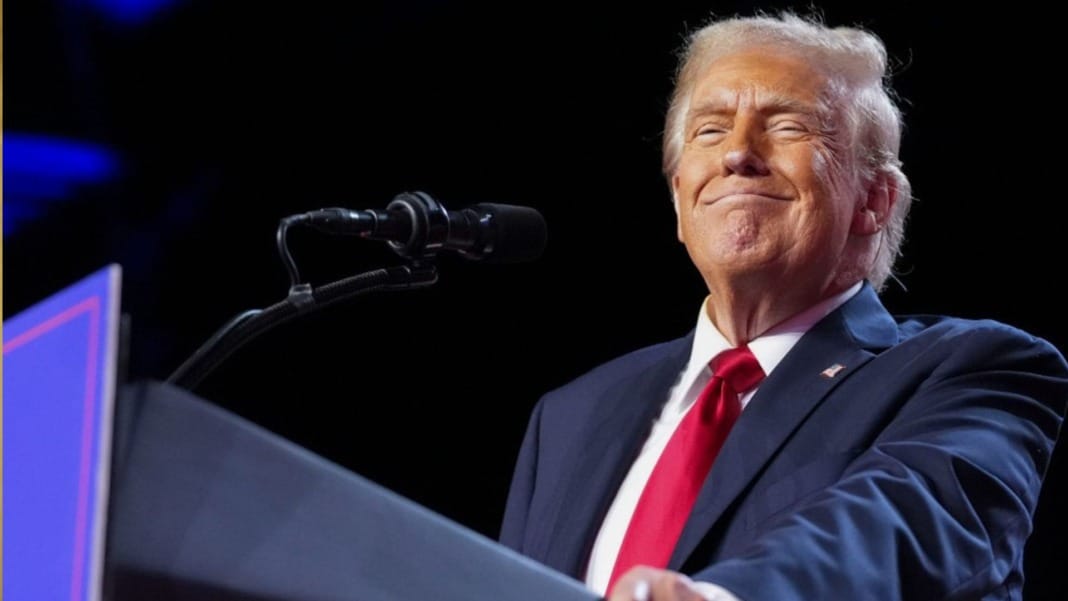On his first day back in office, President Donald Trump revoked a 2023 executive order issued by former President Joe Biden. The order aimed to minimise the risks artificial intelligence (AI) poses to consumers, workers, and national security.
The Biden administration’s executive order tasked the Commerce Department’s National Institute of Standards and Technology (NIST) with creating guidelines to help companies identify and address flaws in AI models, including potential biases. It also required developers to share the results of their AI safety tests with the federal government before releasing such systems to the public.
Trump’s decision to repeal the order marks a significant shift in the U.S. government’s approach to AI regulation. He has criticised the previous administration’s measures as restrictive, aligning himself with critics who argued that the rules imposed undue burdens on companies. These critics, many of whom support Trump, claimed that requiring developers to report their safety tests could expose sensitive trade secrets.
Trump’s campaign promise on AI
During his campaign, Trump advocated for fostering innovation in AI, saying policies would promote “free speech and human flourishing.” However, he did not provide specific details on how his administration would address the challenges of rapidly evolving technology.
Trump’s repeal of Biden’s executive order aligns with his broader stance of reducing regulatory constraints on businesses. Supporters argue that his approach will create an environment where AI developers can innovate without fear of excessive government interference.
Concerns over AI regulation gaps
Critics of Trump’s decision warn that eliminating Biden’s order could leave significant gaps in AI oversight. They argue that without the requirements for transparency and safety testing, companies may release AI systems that could unintentionally perpetuate bias, make harmful errors, or pose risks to national security.
Some experts praised the Biden administration’s executive order as a step towards ensuring that AI technologies were developed responsibly. By repealing the order, Trump’s administration must articulate its vision for addressing these concerns while balancing innovation and public safety.
As AI continues to play a growing role in industries ranging from healthcare to defence, the debate over how to regulate it remains a pressing issue. The Trump administration’s next steps on AI policy will likely shape the future of how the U.S. handles this transformative technology.





